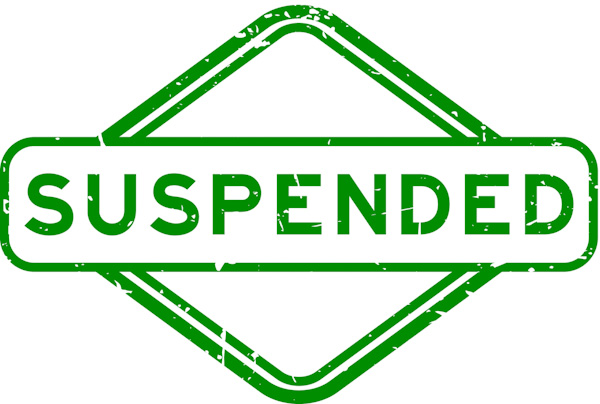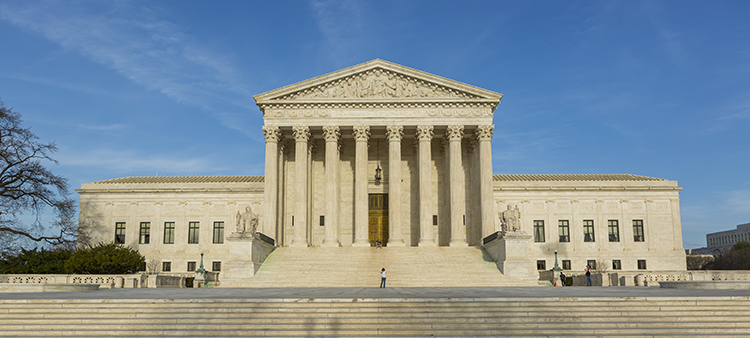ABA backs adequate legal fees for lawyers awarded $10K out of $160K budget for capital filing

Lawyers appointed to represent capital defendants in habeas appeals must be fully compensated for the work performed, the ABA says in an amicus brief filed with a federal appeals court.
The ABA filed the brief in the case of Mark Christeson, a Missouri inmate sentenced to death in 1999, according to an ABA press release. The ABA links the denial of adequate fees to forced pro bono representation, and argues such representation is no substitute for an adequately funded defense.
“Pro bono representation cannot be the norm for constitutionally or statutorily mandated counsel, and especially for the profound responsibility of representing an individual whose life is at stake,” the ABA says in the brief (PDF) for the St. Louis-based 8th U.S. Circuit Court of Appeals.
The U.S. Supreme Court had ruled in January 2015 that Christeson was entitled to the appointment of new counsel after his lawyers filed a habeas petition 117 days after the deadline.
His new appellate lawyers submitted a budget with representation expenses of $161,000, including money to pay experts such as a neuropsychologist and a mitigation investigator, but were awarded only $10,000 for the litigation and expert fees. In an April 2015 decision, U.S. District Judge Dean Whipple said the requested amount was excessive for the litigation concerning equitable tolling of habeas time limits.
The judge referenced the notion that lawyers should provide representation to inmates pro bono in a March 2016 opinion, the ABA brief says. The opinion is not available on Pacer.
The ABA brief says lawyers representing Christeson “should be granted compensation that is adequate for the task.”
“A court’s decision to provide a mere fraction of the funding reasonably requested by counsel in a capital case or any criminal case, with little or no explanation other than referencing the expectation that attorneys will provide pro bono services, reflects an impracticable approach based on mistaken assumptions about the availability of pro bono services,” the brief says.
“The belief that there is a surplus among the bar of private counsel poised to provide such services, especially in capital cases, is an error that misconceives both the demands of these cases and the context in which pro bono legal services are provided.”



